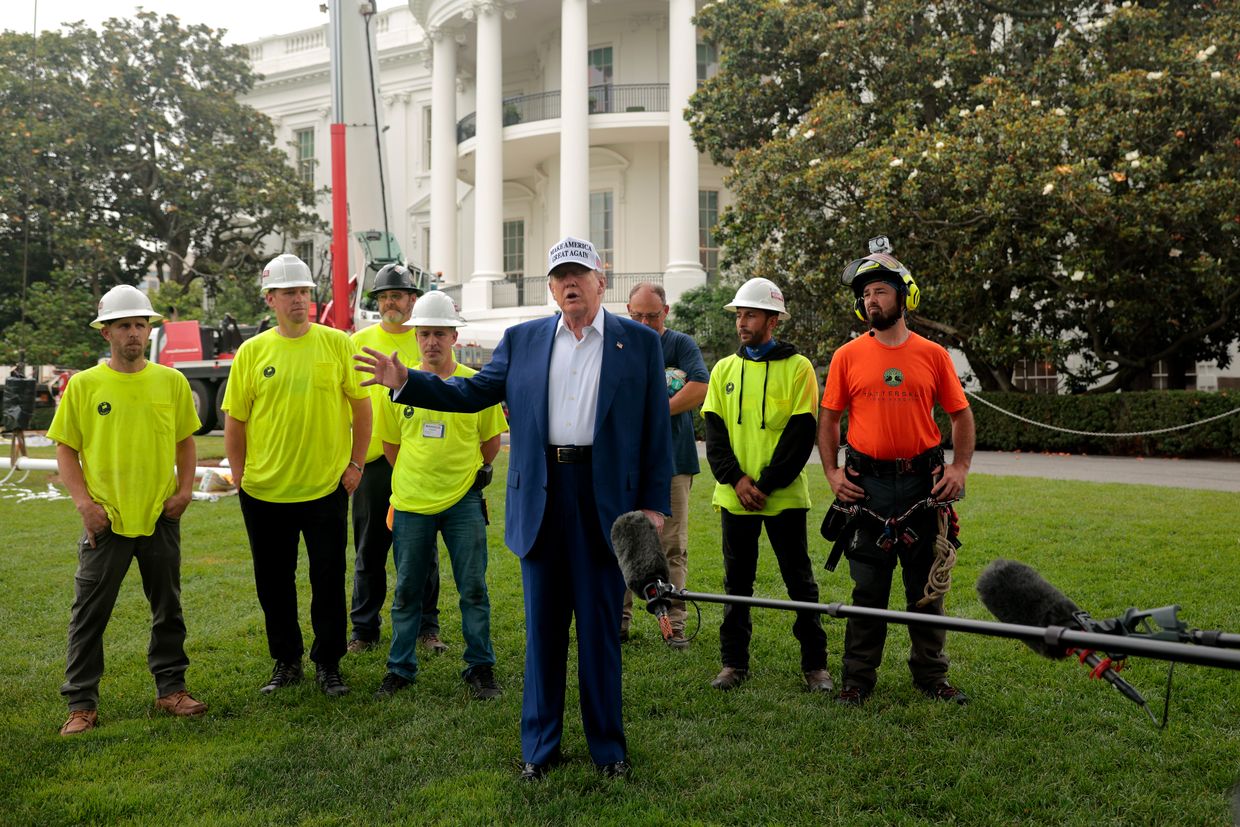Why Cortez Masto Tangled With Cory Booker on the Senate Floor

© Eric Lee for The New York Times

© Eric Lee for The New York Times

© Eric Lee for The New York Times

© Mariam Zuhaib/Associated Press

© Stefani Reynolds for The New York Times

© Jenny Kane/Associated Press

© Haiyun Jiang/The New York Times

© Haiyun Jiang/The New York Times

© Haiyun Jiang/The New York Times

© Tierney L. Cross/The New York Times

© Haiyun Jiang/The New York Times

© Leigh Vogel for The New York Times

© Whitney Curtis for The New York Times

© Tierney L. Cross/The New York Times

© Haiyun Jiang for The New York Times

© Kenny Holston/The New York Times

© Haiyun Jiang for The New York Times

© Allison Joyce/Getty Images

© Rebecca Blackwell/Associated Press

© Nanna Heitmann for The New York Times

© Kenny Holston/The New York Times

© Kenny Holston/The New York Times

© Kenny Holston/The New York Times

© Haiyun Jiang/The New York Times

© Tierney L. Cross/The New York Times

© Emily Najera for The New York Times

© Ash Adams for The New York Times

© Eric Lee/The New York Times

© Kenny Holston/The New York Times
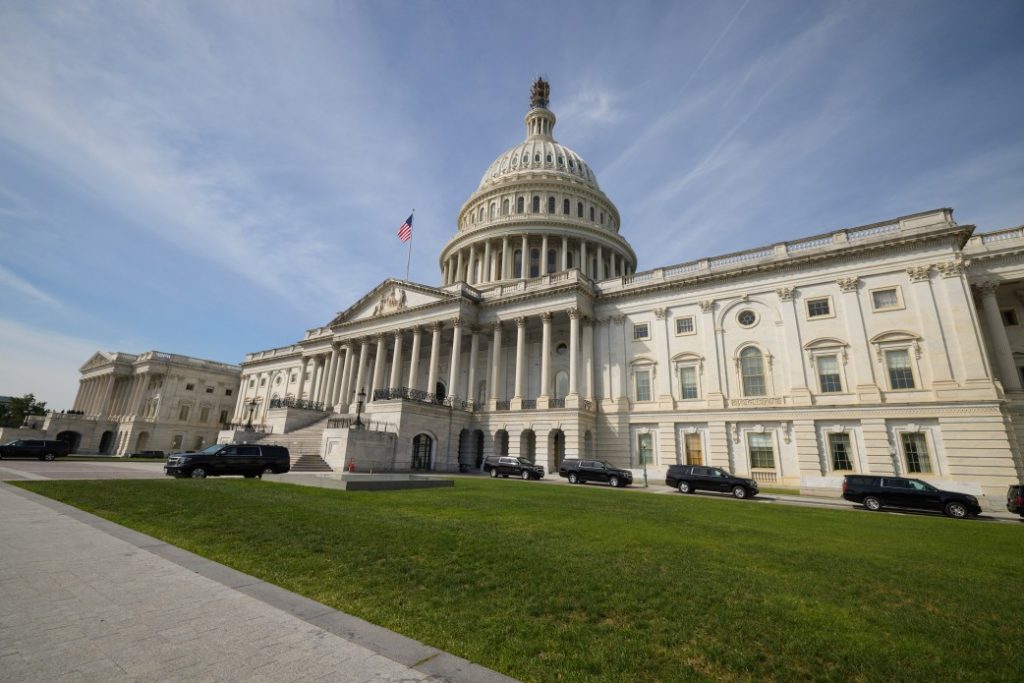
The $500 million Ukraine aid bill advanced in the US Senate after the Armed Services Committee approved it, according to The Hill. The package cleared its first major hurdle this week with strong bipartisan support from the Senate Armed Services Committee. The legislation adds $200 million for 2026 and extends the Pentagon’s Ukraine assistance program through 2028.
The Hill reported on 11 July that the Senate Armed Services Committee (SASC) approved the $500 million Ukraine aid bill two days earlier as part of the fiscal 2026 National Defense Authorization Act (NDAA). The vote passed 26–1. The bill includes a $200 million increase in Ukraine aid for 2026 and extends the Ukraine Security Assistance Initiative through 2028.
As part of broader coordination, NATO member states have earlier agreed to raise their defense spending to 5% of GDP — a long-standing demand from Trump. This shift comes as the European Union moves to implement a $162 million readiness initiative aimed at rearming European forces within five years.

The EU will introduce the "toughest sanctions... imposed (on Russia) in the last three years" in coordination with U.S. senators, French Foreign Minister Jean-Noel Barrot said in a television interview on July 7.
"(Russian President Vladimir) Putin is no longer advancing on the front and is now limited to shelling residential areas with drones and missiles. This is leading to numerous casualties among the civilian population. This must stop," Barrot said.
U.S. Senator Lindsey Graham said on June 29 that U.S. President Donald Trump was ready for the Senate to vote on a bill to impose new sanctions on Russia. The Republican senator has repeatedly called for implementing additional sanctions against Moscow.
Barrot noted the EU is planning to impose the strongest sanctions against Russia that the bloc has introduced since 2022.
"This (war) cannot continue; it must stop. To achieve this, in coordination with American senators, Europe is preparing to introduce, based on French proposals, the toughest sanctions we have imposed in the last three years," he said.
"They will directly deplete the resources that allow Vladimir Putin to continue his war," Barrot added.
In the U.S., senators have been working on a sanctions bill, with Graham saying voting on a bill is expected to begin following the end of the July congressional break.
Graham, earlier on July 7, said he expects "the Senate will move the bipartisan Russian sanctions bill that will allow tariffs and sanctions to be placed on countries who prop up Putin’s war machine and do not help Ukraine."
The bill led by Graham has been in the works for several months as the White House has failed attempts to broker a peace deal between Ukraine and Russia.
"Ukraine has said yes to ceasefires and to any and all meeting requests while Putin continues to defy peace efforts. It is now time to put more tools in President Trump’s toolbox in order to end the war," he said.
Russia has relied on its partners, including Belarus, China, and Iran, for trade and to bypass Western sanctions meant to inhibit Moscow's ability to continue its war against Ukraine.
 The Kyiv IndependentThe Kyiv Independent news desk
The Kyiv IndependentThe Kyiv Independent news desk

Three Democratic Senators have launched an investigation into U.S. President Donald Trump's refusal to impose new sanctions against Russia, the legislators announced in a joint statement on July 3.
Since taking office in January, Trump has passed no new sanctions against Moscow. In some cases, he has even eased restrictions, even as Russia intensifies its full-scale war against Ukraine.
Senate Democrats Jeanne Shaheen, Elizabeth Warren, and Chris Coons called on the administration to impose new penalties on the Kremlin and said they planned to investigate Trump's "five-month pause" on sanctions.
"Americans should be asking why a president who says he wants to end a major war is instead letting the aggressor run rampant," the senators said in a joint statement issued July 3.
The statement followed an analysis by the New York Times (NYT), published July 2, which found that Washington's slowed momentum on sanctions created more opportunities for shell companies to funnel sanctioned goods into Russia.
Former U.S. President Joe Biden imposed an average of 170 new sanctions per month on entities tied to Moscow between 2022-2024, according to the NYT. Overall, the Biden administration slapped 6,200 penalties on individuals, businesses, ships, and aircraft connected to Russia.
Without new sanctions to maintain pressure on Moscow, the effects of the Biden sanctions regime have begun to erode, the NYT reported. An analysis of trade records and other data. showed that over 130 companies in China and Hong Kong are advertising sales of sanctioned computer chips to Russia. Despite this illegal activity, none of the companies have been sanctioned.
 The Kyiv IndependentAndrea Januta
The Kyiv IndependentAndrea Januta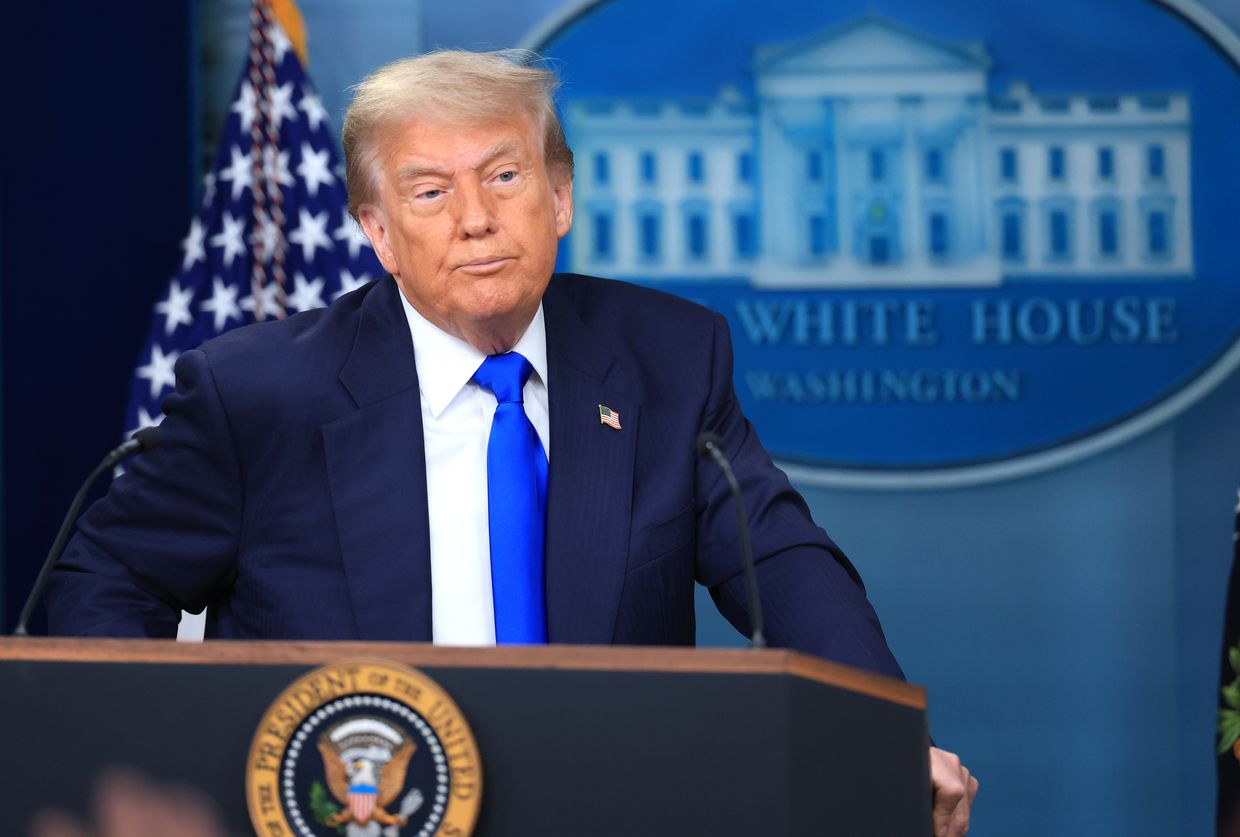
"On top of halting key assistance to Ukraine, President Trump has blocked regular updates to our sanctions and export controls for five months and counting—enabling a growing wave of evaders in China and around the world to continue supplying Russia's war machine," Senators Shaheen, Warren, and Coons said in their statement.
The senators called on Trump to "actively enforce the existing sanctions against Russia" and urged the administration to partner with EU and G7 nations to mount pressure on Moscow.
"Instead of taking clearly available steps to pressure the aggressors, President Trump is doing nothing and we will be investigating this missed opportunity to push for an end to this war," they said.
Along with letting U.S. sanctions on the Kremlin go stagnant, the Trump administration has removed sanctions on Karina Rotenberg, the wife of a key ally of Russian President Vladimir Putin, and notably exempted Russia from its sweeping "Liberation Day" tariffs.
reportedly obstructed bipartisan congressional efforts to target the Russian economy. Trump has asked Republican senators to weaken a proposed sanctions bill and has urged delays in a vote on the legislation.
The bipartisan sanctions bill, introduced by Republican Senator Lindsey Graham and Senate Democrat Richard Blumenthal, seeks to impose a 500% tariff on imports from countries that continue purchasing Russian oil and raw materials.
 The Kyiv IndependentThe Kyiv Independent news desk
The Kyiv IndependentThe Kyiv Independent news desk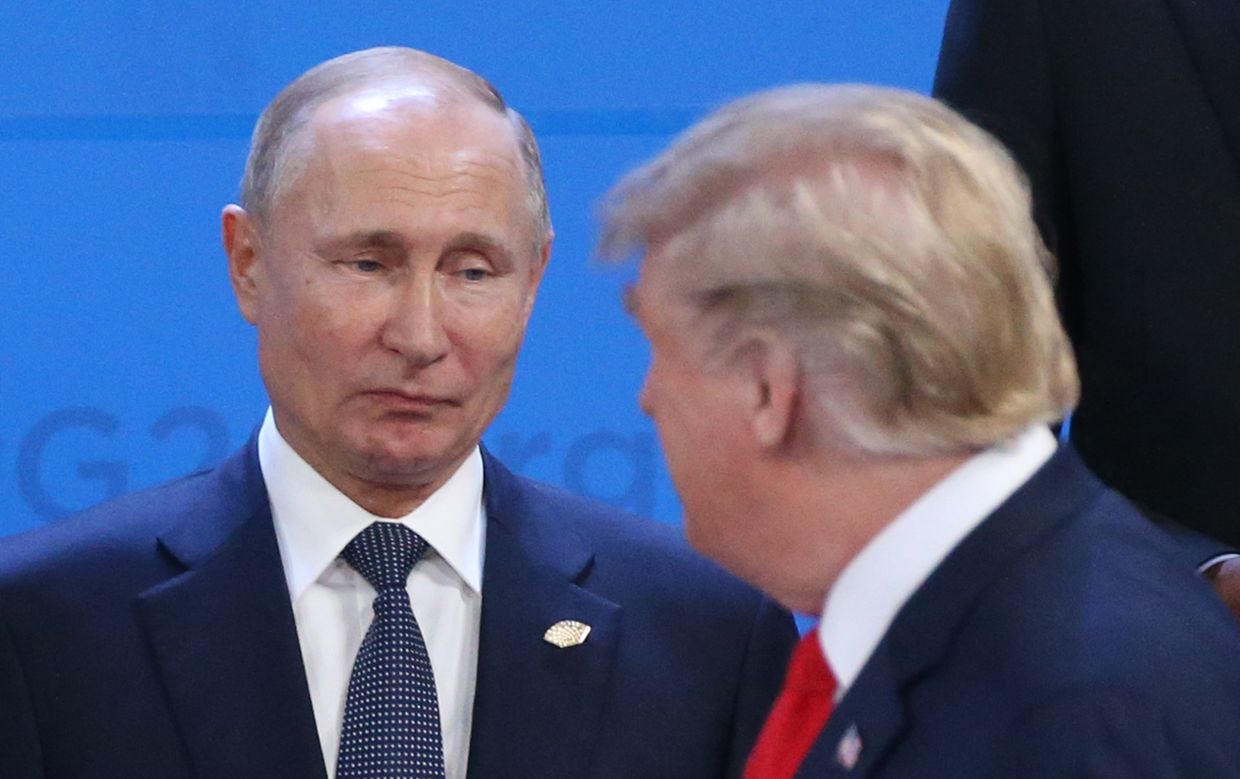
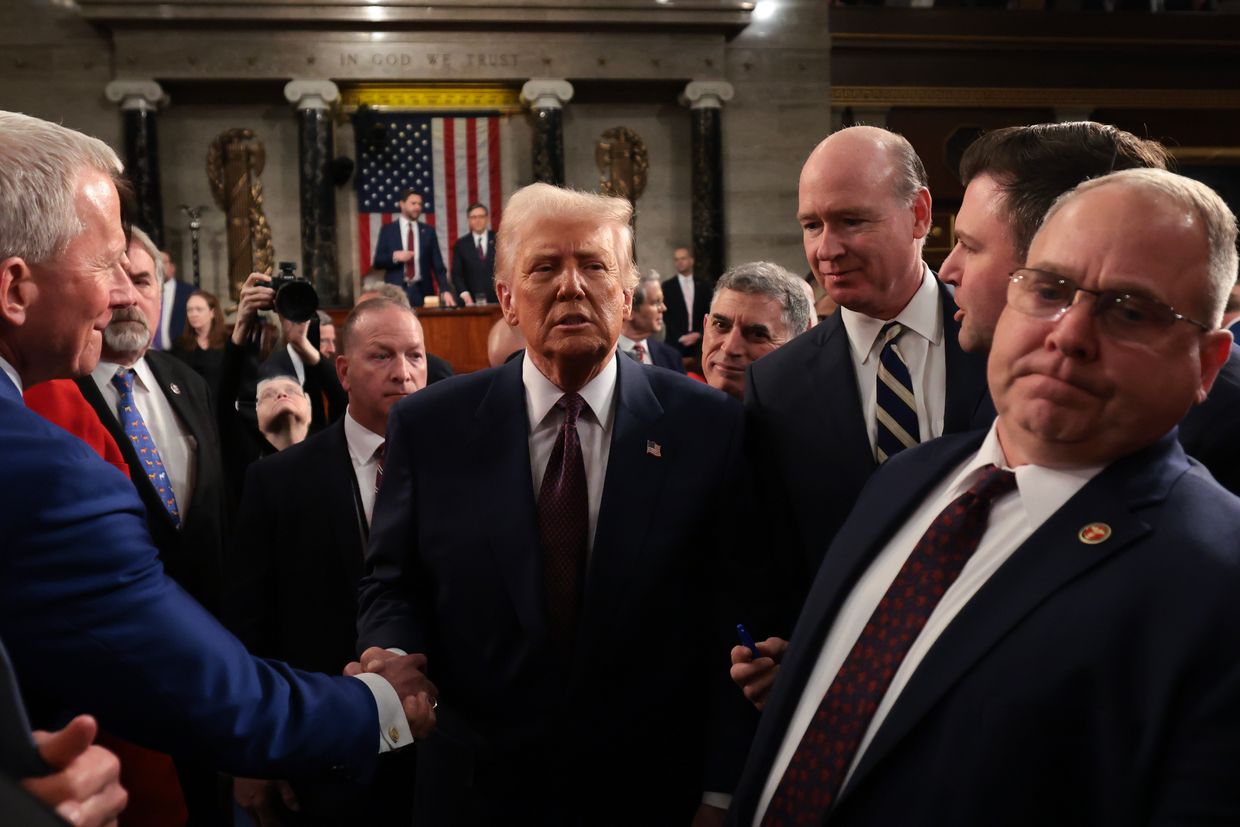
A bipartisan group of U.S. lawmakers are voicing their opposition to the Trump administration's decision to halt shipments of some air defense missiles and other weapons previously promised to Kyiv.
The U.S. Defense Department (DOD) made the decision to pause the aid deliveries after conducting a review of U.S. munitions stocks, reportedly concerned about dwindling levels of artillery rounds, air defense missiles, and precision munitions.
Among the items being held back from Ukraine are over two dozen Patriot air defense missiles, over two dozen Stinger air-defense systems, precision artillery rounds, Hellfire missiles, drones, and more than 90 AIM air-to-air missiles that Ukraine launches from F-16 fighter jets. The Washington Post reported that the weapons were already in Poland being prepped for delivery to Ukraine.
Republican Rep. Brian Fitzpatrick, the co-chair of the Congressional Ukraine Caucus, lambasted the decision in a post on X.
I will be aggressively looking into this matter and will be demanding accountability. We must build up our own Defense Industrial Base here in the U.S. while simultaneously providing the needed assistance to our allies who are defending their freedom from brutal invading… https://t.co/pRTOMCghWh
— Rep. Brian Fitzpatrick 🇺🇸 (@RepBrianFitz) July 2, 2025
Fitzpatrick, a staunch ally of Ukraine who has previously visited the front line, said he "will be aggressively looking into this matter and will be demanding accountability."
"We must build up our own Defense Industrial Base here in the U.S. while simultaneously providing the needed assistance to our allies who are defending their freedom from brutal invading dictators. To not do both is unacceptable," the Congressman added.
In a letter to U.S. President Donald Trump about the reported halt of air defense deliveries, Fitzpartick requested an emergency briefing from the White House and DOD on the shipments.
"Ukraine's courage must continue to be met with action, and the United States must continue to lead with clarity and purpose," Fitzpartick wrote.
Another Republican House member, Rep. Michael McCaul, said he is examining "very intensely" whether the Pentagon’s freeze breaches legislation on aid to Ukraine passed in 2024, Politico reported.
As Trump continues to call for a ceasefire from Moscow, McCaul said that the decision comes "at the wrong time."
"If you want to get (Russian President Vladimir Putin) to the negotiating table in good faith, you have to put leverage and pressure on him, and that would be (Senator) Lindsey Graham’s economic sanctions and the flow of weapons," McCaul said. "If you take the flow of weapons out, yeah, then you’re not, you don’t have the leverage over Putin to negotiate."
Other Republican members of Congress have thus far dismissed concerns over the reported halts, stating that they are waiting to be briefed with additional information before speaking about the reports.
On the other side of the isle, Democratic lawmakers have also lambasted the real world implications of halting military aid for Ukraine.
Senator Richard Blumenthal, a member of the Senate Armed Services Committee, said in an interview that more civilians are "going to lose more lives, more people will be maimed and injured — more homes, hospitals, schools will be destroyed," calling the decision, "fallacious and maybe even disingenuous."
Since his inauguration in January, Trump has not approved any additional military aid packages for Ukraine. Defense Secretary Pete Hegseth also announced recently that the U.S. will reduce the total aid it sends to Ukraine in its upcoming defense budget.
In his evening address on July 2, President Volodymyr Zelensky said Ukrainian and U.S. officials are working through the aid issue at a "working level," including discussions on critical air defense support. Head of the Presidential Office Andriy Yermak held a late night phone call with Rep. Brian Mast, Chair of the House Committee on Foreign Affairs.
Ukraine's Defense Ministry said it has not received any formal notification of delays or cancellations but has requested urgent consultations with U.S. defense officials.
The Foreign Ministry also summoned U.S. Charge d'Affaires John Ginkel, warning that "any hesitation" in military support would encourage further Russian aggression.
The Kremlin welcomed the decision, with spokesperson Dmitry Peskov saying, "The fewer weapons that are supplied to Ukraine, the closer the end of the (war)."
NATO Secretary General Mark Rutte expressed understanding of Washington's desire to safeguard its stockpiles but said, "Ukraine cannot do without all the support it can get."
 The Kyiv IndependentThe Kyiv Independent news desk
The Kyiv IndependentThe Kyiv Independent news desk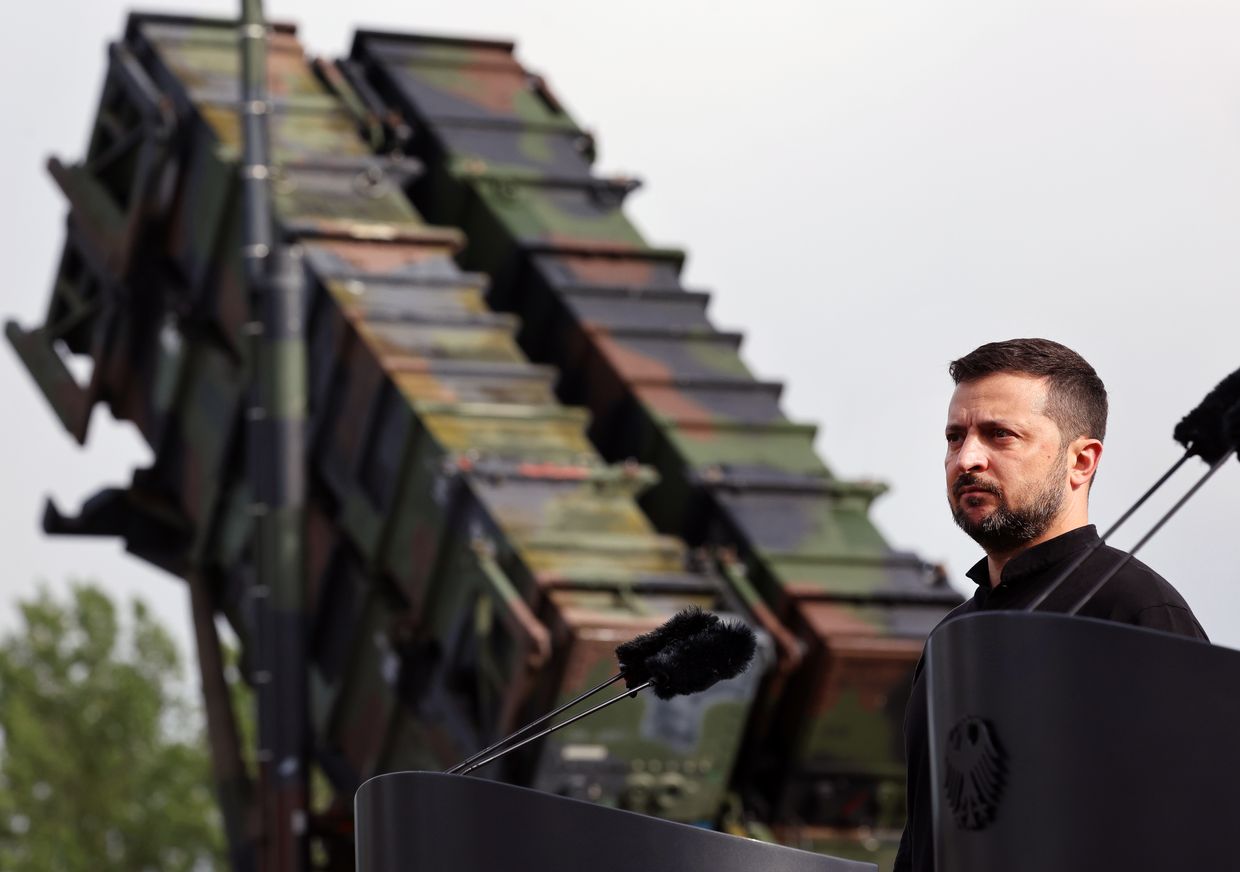
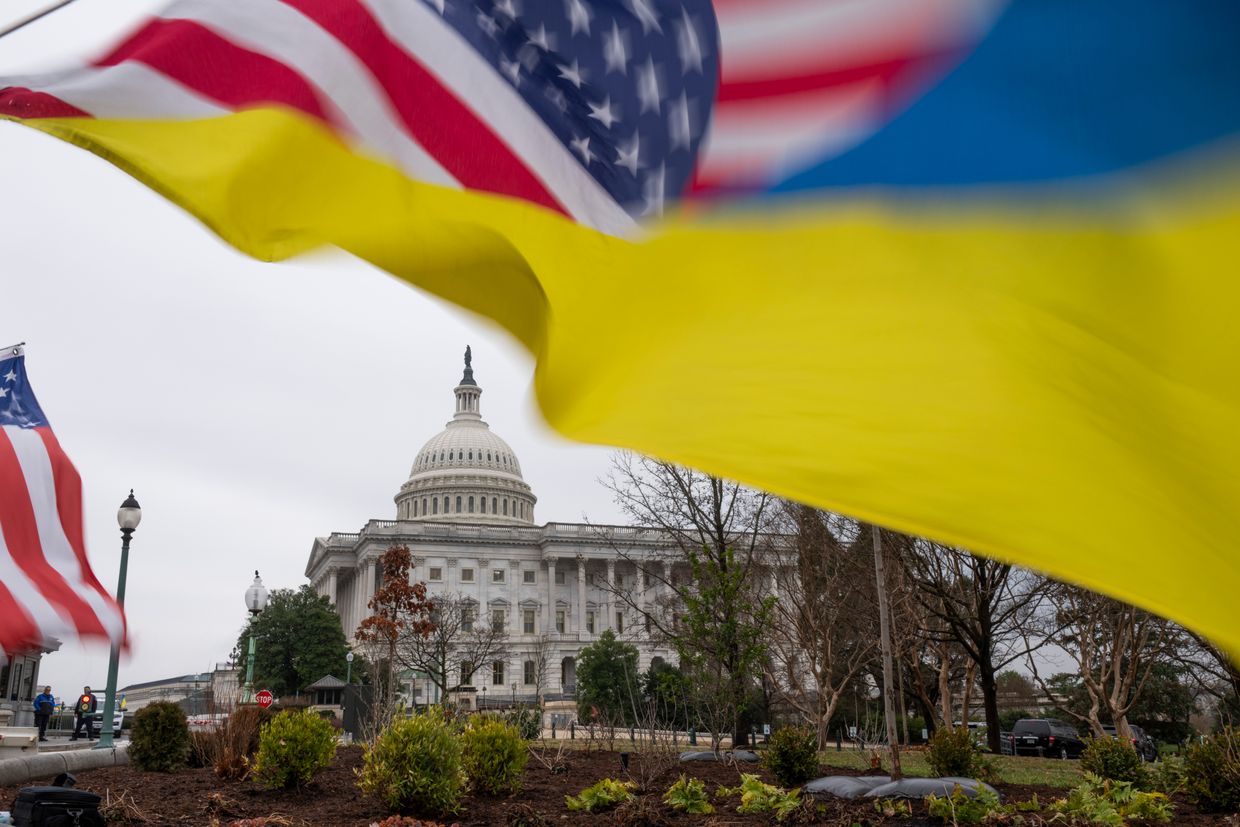
The U.S. Senate is postponing action on a bipartisan Russia sanctions bill until at least July, as other legislative and foreign policy priorities dominate the agenda, Semafor reported on June 18.
Senators Lindsey Graham (R-S.C.) and Richard Blumenthal (D-Conn.) have been working on a revised version of their bill that would impose secondary sanctions on Russian trading partners, while shielding Ukraine’s allies from penalties and making technical adjustments. But momentum has stalled as Republicans push President Donald Trump’s sweeping tax and spending bill, and the escalating conflict between Iran and Israel demands urgent attention.
Senate Majority Leader John Thune (R-S.D.) acknowledged on June 18 that a "July timeframe" was now more realistic for the sanctions bill. "We’re very open to moving, we’re trying to work with the administration from a timing standpoint," Thune said, according to Semafor. Graham added that the Senate is "going to have to wait a bit," citing shifting global developments. "Things are changing now with Iran… that doesn’t mean I’ve forgotten about Russia or Ukraine. Not at all. Iran is center stage, but sooner rather than later," he said.
Trump has not yet signaled support for the legislation, which remains a critical obstacle.
While sanctions enjoy broader Republican backing than direct military aid to Ukraine, GOP lawmakers are hesitant to move forward without Trump’s approval. The U.S. president left the G7 summit in Canada early, skipping a planned meeting with President Volodymyr Zelensky, as attention shifted to a potential U.S. response to Iran’s nuclear ambitions. "All the focus is on Israel and Iran right now," said Sen. Tommy Tuberville (R-Ala.), though he noted that he is "all for putting sanctions" on Russia.
Graham and Blumenthal had hoped to secure passage of the bill ahead of the G7 summit after visiting Ukraine earlier this year. Blumenthal said he and Graham were "making tremendous progress" with the administration, but acknowledged that other priorities were pushing the legislation off the floor.
Supporters of the sanctions argue the bill would give Trump more leverage in negotiations with Russian President Vladimir Putin. "We want to strengthen our hand in the negotiation," said Sen. John Hoeven (R-N.D.). "We want to help effectuate an outcome in Ukraine, so we’re trying to use it in a way that actually helps get something done." The legislation would authorize secondary sanctions on countries that continue to purchase Russian energy or conduct other major trade with Moscow.
Despite uncertainty around timing, both Graham and Blumenthal continue to refine the bill to ensure broader support, including a carveout for Ukraine’s allies and changes to accommodate the global banking system. "There is no evidence that Putin is going to slow down," Graham told Semafor. "We need to change the approach. I think the sanctions will give the president leverage."
 The Kyiv IndependentTim Zadorozhnyy
The Kyiv IndependentTim Zadorozhnyy